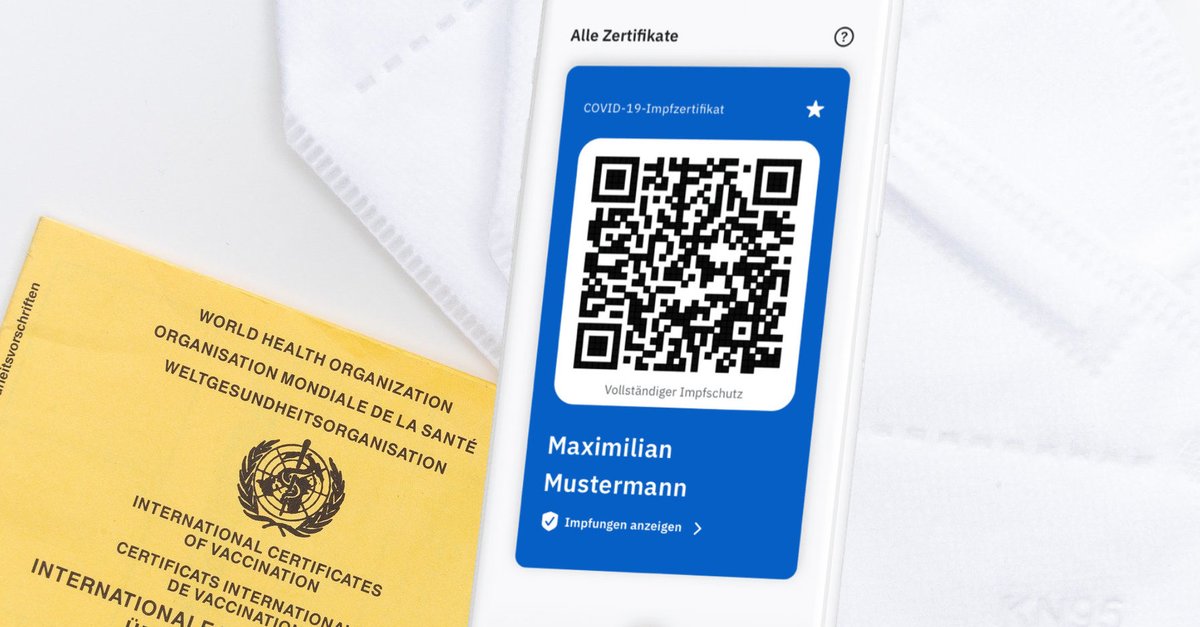Bankruptcy for GEZ critics: verdict on the radio contribution spoken
An opponent of the license fee suffered a defeat in a European court. When paying the “GEZ fee”, critics are not allowed to decide for themselves how the fee is to be paid. The legal dispute that has been going on for years is not over yet, as she shows.
Broadcasting fee: cash payments are prohibited
When it comes to not having to pay the broadcasting fee for the public broadcasters in Germany, opponents get creative very quickly. One critic could not convince the judges of the European Court of Justice. Although it was not about the general abolition of the former “GEZ fee”, it was about the way in which it was to be paid. He only wanted to pay the fee in cash. Ultimately, however, the judges did not want to follow his argument.
In the Grounds for the judgment states that EU member states can, under certain circumstances, allow their authorities to refuse to accept cash. However, it must be clarified that accepting cash increases administrative costs. Disadvantages for citizens may “only be proportionate”. The European Court of Justice has seen this proportionality confirmed in German practice.
The case is still not completely resolved, however, because the complaint is now being returned to the Federal Administrative Court. This must finally decide whether citizens of Germany can still be expected to pay the broadcasting fee in the future.
This is what the GIGA editorial team thinks about the radio license fee:
The journalist Norbert Häring had complained. He has been fighting since 2015 to be able to pay the radio license fee in cash. He is not convinced by the judgment of the European Court of Justice: “This case law turns the previous understanding of what the properties of the legal tender contains on its head.”
Former GEZ fee: Abolition is not the goal
While there are quite a few people who want to abolish the license fee in general, the plaintiff sees himself in a different camp. According to him, the radio license fee is “too high and anti-social”, but he is not interested in abolishing the fee, which was formerly known as GEZ. Ultimately, it is a fundamental problem if citizens can be forced to make a transfer or direct debit.


